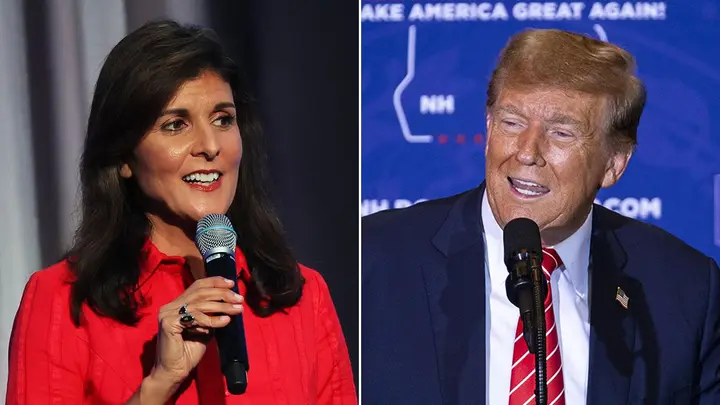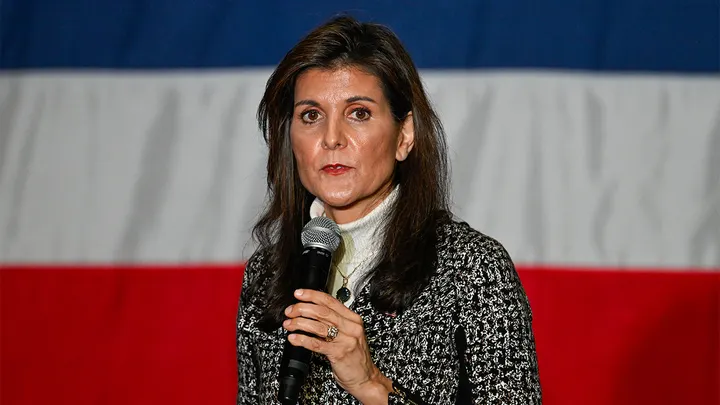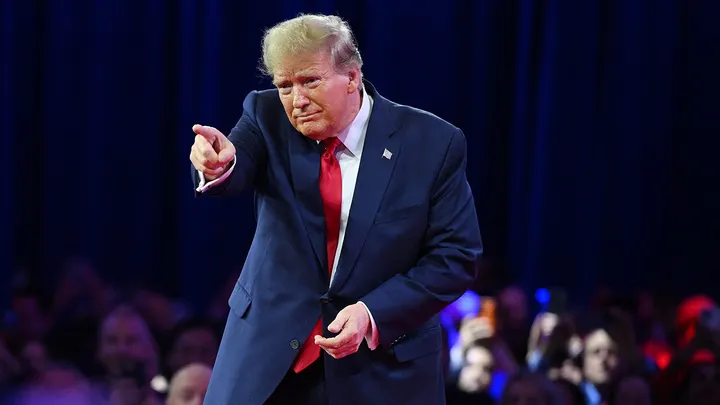Missouri and Idaho will hold caucuses on Saturday while Michigan holds a GOP convention

Republican delegates will be distributed in three states on Saturday: Idaho and Missouri will hold caucuses. Michigan will allocate additional delegates in its Republican state convention, following its recent primary.
In Idaho, the caucus will take place across the state, exclusively open to registered Republicans.
Former President Donald Trump and his former U.N. ambassador Nikki Haley are vying for the state’s 32 Republican delegates. Haley hopes to secure her first win against Trump, but based on voting trends in previous contests this year, Idaho is unlikely to favor her candidacy.
The Republican caucuses will closely resemble the first-in-the-nation caucuses held by Iowa Republicans in January. Voters statewide will gather at their designated caucus locations where they’ll listen to brief presentations advocating for different candidates. Following this, they will cast their votes via secret ballot, with the outcomes tallied at each caucus site. The total votes from all sites will then be compiled to determine the allocation of delegates to each candidate.
In the 2020 election, Trump won Idaho decisively, defeating President Biden by a significant margin of 30 points.
In Missouri, delegates will also be allocated on Saturday through a caucus, marking the beginning of the process to assign 51 out of Missouri’s 54 Republican delegates to the Republican National Convention this summer.

Out of these, 51 delegates, eleven will be distributed to candidates at the statewide level, while the remaining five will be awarded from each of Missouri’s eight congressional districts. This totals to 51 delegates in what’s termed as a “caucus-convention” system. The remaining three delegates include the state party chairman and Missouri’s Republican national committeeman and committeewoman, who retain the freedom to support any candidate they choose, irrespective of the caucus results.
During the caucus, attendees will indicate their preferences for president, and these preferences will determine the allocation of delegates to candidates at both the statewide and congressional district levels. At both levels, delegates are awarded to the candidate who garners the majority of support. However, if no candidate secures a majority, delegates are distributed proportionally among candidates who received at least 15% of support, with a few minor exceptions.
Earlier polling conducted this year suggested that Trump is expected to easily win in Missouri.
Trump emerged victorious in the Michigan primary earlier this week, securing a decisive 41-point lead over Haley. He earned 12 delegates, whereas Haley obtained 4.

Despite this, the Michigan GOP will convene a nominating convention on Saturday in Grand Rapids to assign the remaining 39 out of the state’s 55 presidential delegates.
Trump has secured commanding victories in all primary contests thus far, and his team has indicated that they anticipate wrapping up the GOP nomination by the end of the month. However, Haley has committed to staying in the race at least until March 5, Super Tuesday, where over 800 delegates will be up for grabs.